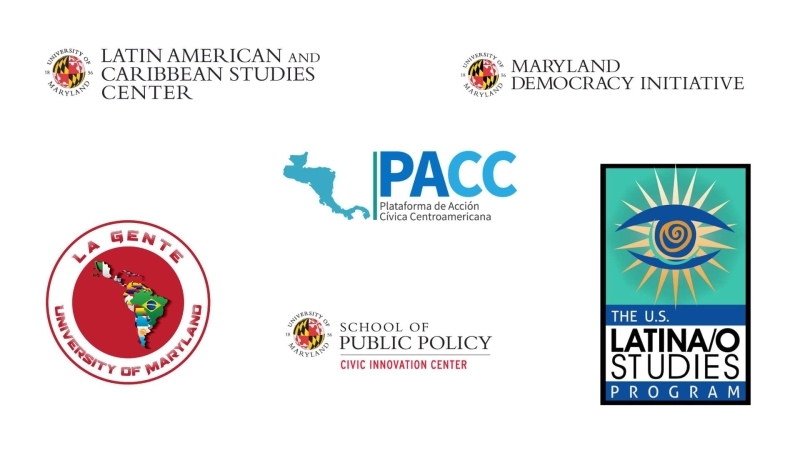Event Description:
The pace of democratic backsliding is accelerating in the Northern Central American countries, following the precedent of the established dictatorship in Nicaragua. In recent years, elected leaders in Central America have eroded democracy, utilizing state institutions to legitimize restrictions on rights, civic space and electoral competition. In a region where civic engagement has been crucial for enacting change, limitations on civil society participation are particularly alarming.
Under the leadership of President Nayib Bukele, El Salvador transformed within a few years from having the highest rate of homicides in the world (106.3 per 100,000 inhabitants) to a rate (2.4 per 100,000 inhabitants) that is well below the global average. This improved security has come at a high cost, with abuses of due process rights under an extended "state of emergency." Yet Bukele was reelected this year with the support of 85% of the Salvadoran population.
In 2023, the government of Guatemala moved to suspend the presidential campaign of anti-corruption candidate Bernardo Arévalo by alleging irregularities in the registration of his political party, the Semilla Movement. Arévalo was sworn into office on January 15, 2024 after facing months of harassment by prosecutorial authorities seeking to prevent party members from assuming their positions and unjustly imprisoning members of his movement.
Honduras is considered one of the most dangerous countries in Latin America, marred by violence resembling war zones, with criminal gangs and drug traffickers controlling parts of the country. From January - August 2023, at least 13 human rights defenders were killed and hundreds of others were harassed, threatened, or attacked, according to the UN Office of the High Commissioner for Human Rights. More than 90 percent of those killed and 75 percent of those attacked were environmental or land defenders.
Various structures of the government of Nicaragua continue to commit widespread human rights violations and abuses that may amount to crimes against humanity, including murder, imprisonment, torture, sexual violence, deportation and politically motivated persecution. In 2022, the Ortega regime ordered the expulsion of 222 political prisoners from the country and deprived them of their citizenship.
This event will feature four Central American civil society leaders who have worked to defend democracy, human rights and transparency in their own countries and across the region.
Panelists:
Alejandro Manzur (El Salvador) is the Coordinator of social projects for the Center for Training and Promotion of Democracy (CECADE). In addition, he coordinates the Central American Civic Action Platform (PACC).
Andrea Reyes (Guatemala) is a McCain Global Leader Alumni 2023 and the Executive Director of Period Guatemala. Her other experience includes participating in the European Union Electoral Observation Mission in the Guatemalan elections.
Juan Carlos Aguilar (Honduras) is Director of the Association for a More Just Society (Asociación para una Sociedad más Justa). His work focuses on anti-corruption, Human Rights, transparency, judicial independence, rule of law, and democratic governance.
Maria Lizano (Nicaragua) is the Political Secretary of the movement Construimos Nicaragua and one of the Nicaraguan representatives for the Innovation Network for Latin America. Her experience focuses on managing projects with rural women, advocating for gender equality and empowerment.
Interpretation Services:
The event will offer translation into different languages via the smartphone app LiveVoice. Therefore, please bring your smartphone and headphones. WIFI will be available at the location.
Please download the app already ahead of the event. The code to join the event is: 936855




